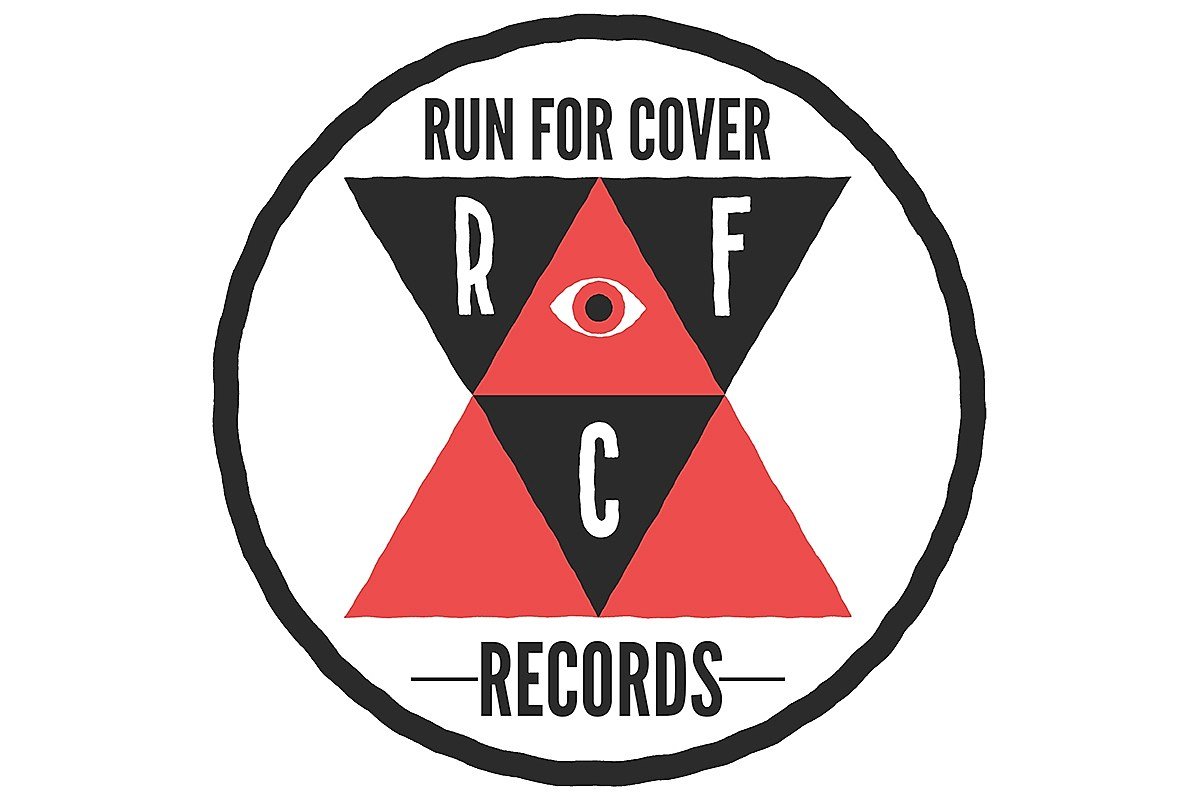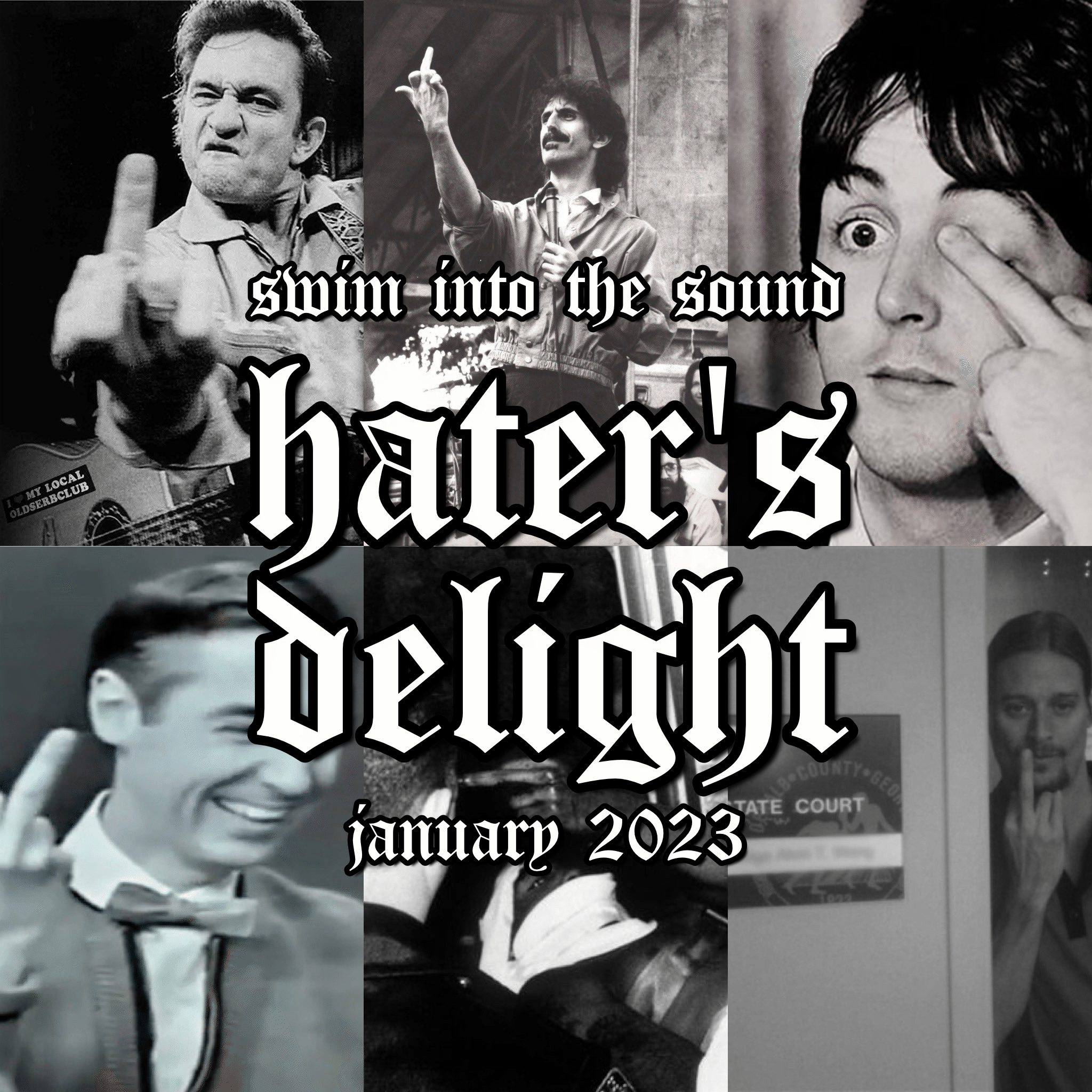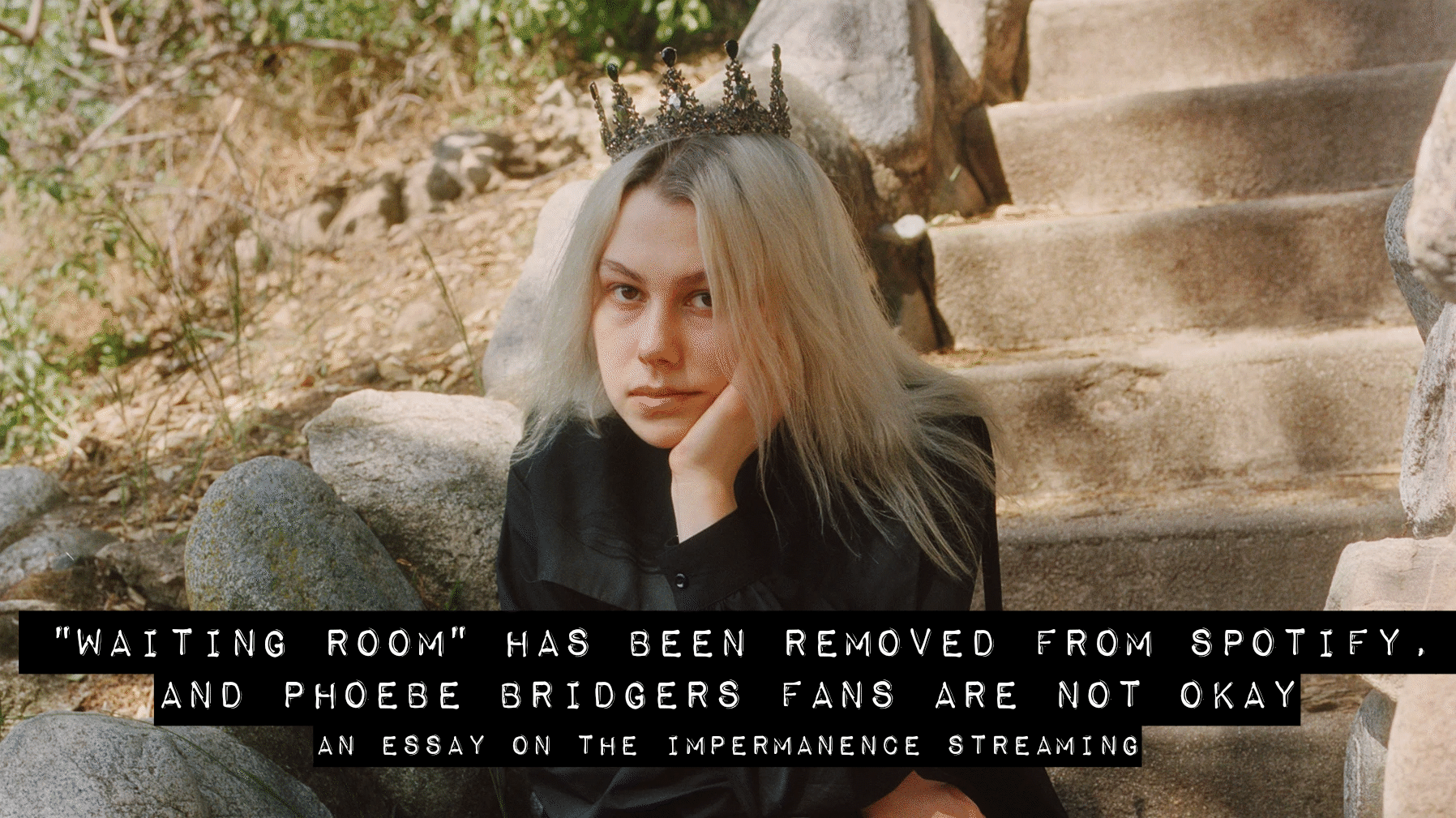The Run For Cover Shoegaze Canon
/We’ve all heard about the Heavy Music to Shoegaze Pineline, and the math checks out there, but there’s another, just-as-important shoegaze repository that we don’t talk about often enough: The Emo Music to Shoegaze Pipeline. Okay, I promise I’m going to stop saying “pipeline” now, but this is a very real phenomenon with one highly-influential label at the center. But first? Let me take you back in time.
It’s spring term 2014, and you’re just at the onset of your emo phase. You found this cool label from Boston named Run For Cover. They had just released this album called “You’re Gonna Miss It All” by Modern Baseball, and you were digging it quite a bit. Through forums, message boards, and various online chatter, you discovered this other album with a pizza on the cover by a band named Tigers Jaw and found out that the same label put it out. Damn, two for two. You decide to check out a few more albums the label has released, and soon enough, you have a pretty solid foundation for decades of dorky emo admiration. If you couldn’t figure it out, that person was ME.
In retrospect, Run For Cover has always been my favorite record label for a reason. They put out (conservative estimate) a few dozen highly influential, respected, and revered albums since their humble beginnings in 2004. A decade into their existence, they’d already brought us Title Fight, Fireworks, The Wonder Years, Tigers Jaw, Man Overboard, Koji, and Seahaven. If you have any affinity for this specific sound or era of indie rock, that list probably got your heart rate up.
At this point in 2014, I was just beginning to find my footing in school. I was halfway through college, settling into my major, and discovering a host of music that felt unique and uninformed by my peers or friends. This felt like music that was speaking directly to me and that I could fully own. Run For Cover was offering music from some of the most exciting and important bands in my life, and pretty soon, seeing that Run For Cover Triangle Logo was as good as a stamp of approval in my eyes.
In 2014 specifically, we were post-Youth, but pre-Peripheral Vision. This was a time when many of these bands were either revving up or actively dropping their best material. Seahaven had just released Reverie Lagoon, and Tigers Jaw were just beginning to roll out singles to their much-awaited Charmer… Sorry that this has been a lot of “remembering guys” up to this point, but I’m just trying to paint a picture here. If these names mean anything to you, then I promise I’m building to something.
Just over the horizon was a little band from Indiana called Cloakroom. They were about to drop their debut album, Further Out, and cement themselves as Run For Cover’s first earnest foray into overtly heavier music. At some point in an early part of their career, the band openly described themselves as “stoner emo,” which sounds exactly how you would expect it to. On Further Out, the trio fully realized their powerful potential, combining the heaviest parts of Hum with the shreddiest parts of Earth. That Hum worship also materialized in a very real way after an album delay led to an apology 7” with a song featuring Matt Talbott of Hum.
One month after Cloakroom’s ferocious first album came another debut from a Pittsburg band called Adventures. Much like Further Out, the first record from Adventures was a shockingly developed realization of the band’s sound. Titled Supersonic Home, this album was the payoff to two EPs and two splits; it was a fresh batch of ten new songs, all without flaw. For just over 31 minutes, the band hits you with one lightly distorted hook after the next. “Dream Blue Haze,” “Your Sweetness,” and “My Marble Hole,” one by one, the band unleashed these incredibly simple yet endlessly addictive tracks. The end result is an uplifting collection of songs that sit somewhere between Sunny Day Real Estate and the Brianna-led side of Tigers Jaw. It’s also an album that I only checked out because Run For Cover was releasing it.
While it’s hard to call Adventures a shoegaze band in the classic definition, they were certainly indebted to a specific style of fuzzy 90s/early-2000s alt-rock. Regardless of what you’d label them, Supersonic Home was one of the coolest things I’d ever heard in my life. The crazy part is how much that record still holds up almost a decade later. The magic is still there, and its status as a one-off side project makes that perfection sting all the more. Oh, that’s right. Did I not mention that Adventures was comprised primarily of members from the metalcore band Code Orange? Because that’s a crazy fun fact that I decided to bury at the very end of this paragraph. That almost makes them a prototypical member of the heavy music to shoegaze pipeline.
One year later, I would stumble ass-backward into Psychopomp by Japanese Breakfast, thanks to a transcription of an absolutely manic and hilarious string of text messages posted to the /r/indieheads subreddit. That album would go on to become one of my favorites of all time and soon lead me to Little Big League, a gritty Run For Cover band that Michelle Zauner sang and played guitar in. This was before becoming the published author, Dead Oceans-signed, music video and movie directing Michelle Zauner that we all know today, but the music was just as good.
I wouldn’t personally discover them until years later, but around this same time, Pity Sex was releasing their iconic one-two punch of Dark World and Feast of Love, rounding out a dreamier side of Run For Cover’s gazey lineup. Similarly, Superheaven was rocking the 90s grunge worship years before anyone else would get there. The fact that one label was at the epicenter of all this music is, quite frankly, mind-blowing.
To this day, a Run For Cover co-sign is still a seal of approval. Seeing this label involved means a guaranteed listen from me. Sometimes it’s not my shit, but more often than not, I’ll discover a new obsession or favorite artist.
In recent years, the label has brought us Anxious, Sadurn, One Step Closer, and Glass Beach. Run For Cover’s involvement got me in early on bands like Camp Cope, Field Medic, and Pinegrove, in addition to everything listed above. This label has ushered me into the sprawling discographies of artists like Advance Base and Alex G, and they’ve even released one of my favorite albums of the last decade with Fiddlehead’s Springtime and Blind.
Last week, Run For Cover dropped Narrow Head’s third album, Moments of Clarity. It wasn’t until I was listening to this record that I put all this together. At first, my reaction was “another great record from Run For Cover,” which is a relatively predictable response from me. Then I started looking through my music library and realized this label’s pedigree with these shoegaze-adjacent albums. Run For Cover was instrumental not just in my emo music fandom but also acted as my introduction to this specific heavier scene of music.
From the dreamy wisps of “Dogwalk” and saccharine sweetness of Adventures to the stoner crush of Cloakroom and grungy blaze of Narrow Head, Run For Cover has always been there.
There are a ton of bands playing at this “grungegaze” intersection right now; Fleshwater, Soul Blind, Glitterer, Dosser, Drug Church, and Prize Horse, just to name a handful. Each of these bands are carving out distinct corners of hardcore and heavy music, pulling from the grunge, nu-metal, and the 2000s alternative rock I heard all the time growing up. This sound feels extra crystalized on Moments of Clarity, but to some extent, is just the latest in a long string of Run For Cover Records knowing what I need to hear exactly when I need to hear it.











